Yesterday, I met with two women in charge of putting together their upcoming women’s ministry brunch. I’m speaking at the brunch and we talked about the program over lunch. As we got to know each other, we chatted about our kids and what they were involved in. The leader of the event, a Caucasian woman, proceeded to tell me about her four Caucasian boys and the sports they played. But then she said some things that made me shudder.
“When one of my sons was younger,” she said, “I suggested he run track because so many of his classmates were Asian, and so of course, they were so much shorter than him, and he would win.” I was shocked and surprised at the assumption she made and spoke out loud.
But I said nothing.
She later continued. “My 16-year-old son plays basketball, but he’s the only white kid on the team. And since, you know, black kids are so much bigger, he doesn’t play as much as he wants.”
Oh. My. Goodness.
Her words revealed the labels she places on people of a different ethnicity than her own. And I think if we were to examine our own hearts, we find we do the same, even if we don’t voice them. And because we often aren’t in relationships with people outside our own ethnic group, we believe these stereotypes, just like this woman does.
We believe untrue labels like:
- All African-Americans have rhythm, are really strong, and can play sports.
- Hispanic people are illegals and the best at mowing lawns and fixing roofs.
- Caucasians are the best leaders, are mass killers, and will never succeed in sports when African-Americans are on the team.
- All Vietnamese women work at nail salons and their families own donut shops.
- All Muslims are terrorists,
- and all Chinese people are good at math.
Stereotypes are wrong on many levels, but one reason is because stereotypes pigeon-hole people into a box, not allowing them to be more than what we’ve been told and believe they are—and even what they’ve been told and believe about themselves.
But being in relationships with people who don’t look like us, break down these stereotypes. As we get to know others, we learn that what we’ve, maybe secretly, always thought about them, is not in fact true. And when we know the truth about others, we speak up for them—especially when someone you’re having lunch with enforces a negative stereotype.
I knew I needed to say something yesterday. Her co-planner, a woman from India, also sat silent. Someone needed to stand up for her and the others offended. Scolding was not the goal, but guiding and teaching with tenderness. The awkwardness hung like a dense fog and I realized the only person who was going to do anything, was me. Anxiety hit me like a cold north wind.
But again, I stayed achingly silent.
What kept me quiet wasn’t a fear that I would be uninvited to speak at the event. But I worried this woman would think I was a troublemaker, and because I called her out, she might not think I would be “safe” on stage. I worried she’d be listening to me at the event on pins and needles, wondering what I would say to the listening women that, “crossed the line”. I worried this thought would nag while I spoke during the event. I worried much. And my worry silenced me.
Not standing up for justice yesterday became about me staying comfortable. And guiding people into awareness is almost never comfortable, right? That’s why we avoid it. But being uncomfortable is worth what it might cost, when you know you’re doing the right thing.
I regret that I allowed my fear to pin me to my chair yesterday. I know me, and I know I would’ve lovingly corrected her and done it well. Would I have unintentionally embarrassed her? Yes. But maybe she would take pause before saying something like that again. And my hope is that she’d be aware of this as she mothers her sons and might guide them to think they cannot believe or say things like that either.
I’m not angry with her, just like I hope people weren’t angry with me when I used to say the same things. I realize that, like me, she has much to learn. And as I’m continuing to awaken to the pain of those around me, God wants to use me to change the script. In fact, He wants to use all of us.
A victory I can take away from yesterday, is that I long for God to give me another opportunity like this in the future. But next time, I’ll remember my regret, and allow it to bolster my confidence to lovingly guide someone to change their own stereotypical script, for the sake of unity, justice, and the fame of God’s name.
May we all work to break down stereotypes, starting with the ones we ourselves believe. Let’s live shoulder to shoulder with people we don’t know much about, and when we come upon a wide open door that invites us to stand up for someone, let’s always be sure to walk right through.
*Though I didn’t speak up at lunch, I did email this woman via email and of course, gently asked her for clarification on what she said, not assuming anything of her, and we are corresponding.
*How about you? Have you ever had an opportunity to stand up for what you knew to be right, but you chose to be silent instead? Leave a comment below…


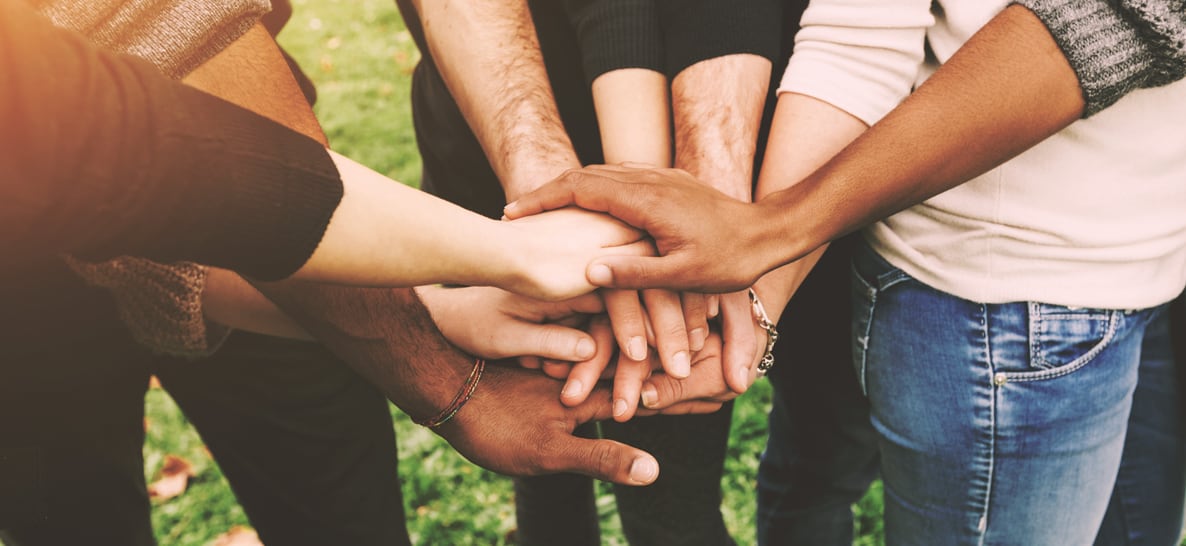
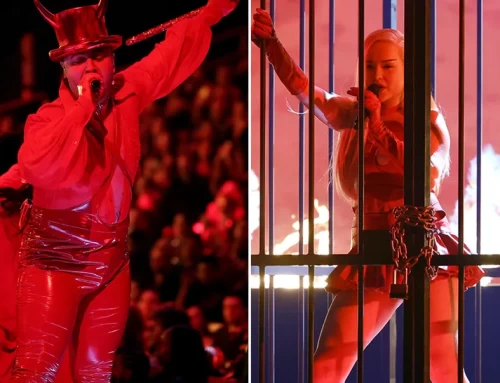
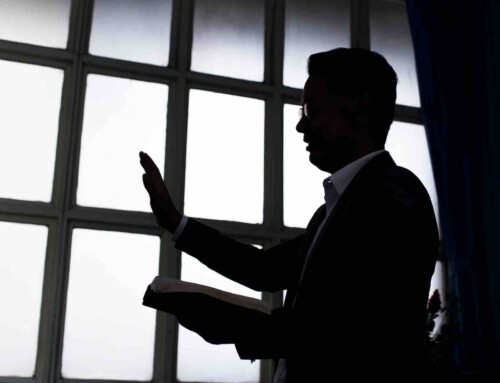
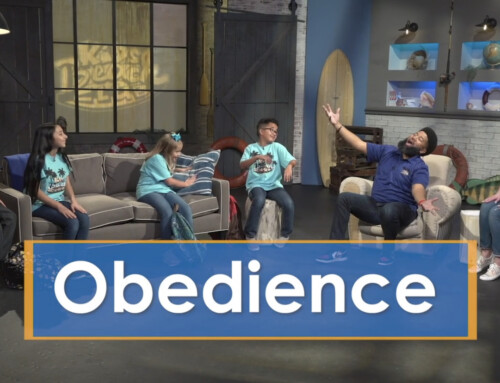

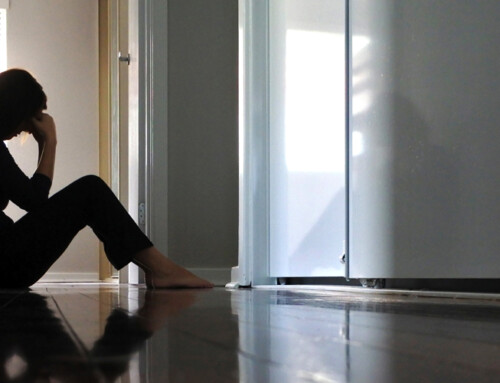
Leave A Comment